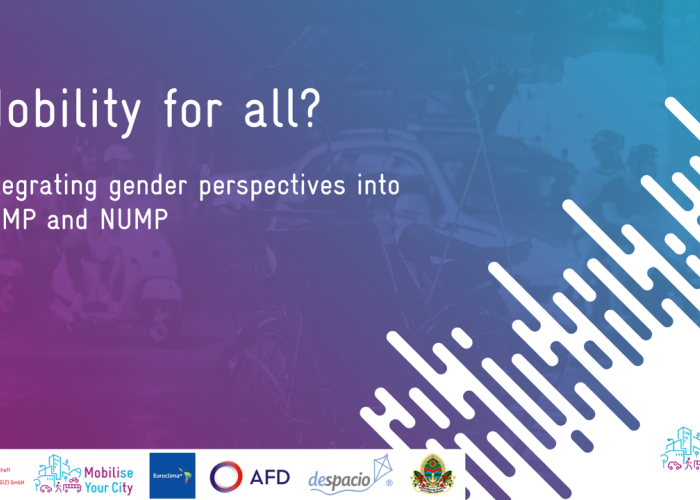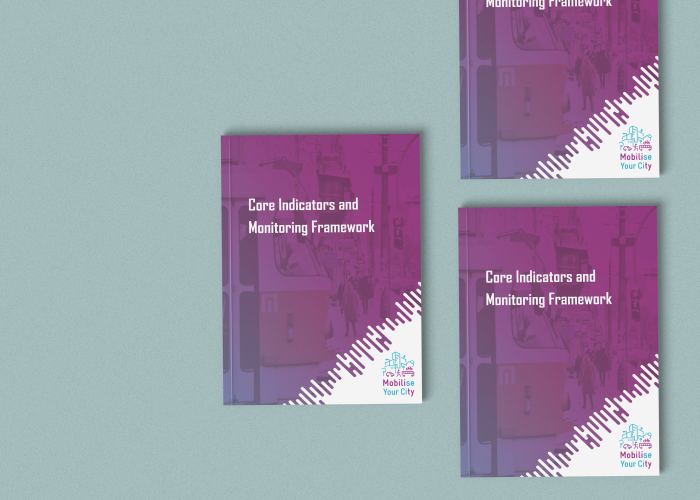Mobilité pour tous ? Intégration des perspectives de genre dans les SUMP et les NUMP

For a successful shift to sustainable mobility, we need to take gender differences into account. Gender-responsive mobility planning strives for…
- SUMP
- NUMP
- Gender


